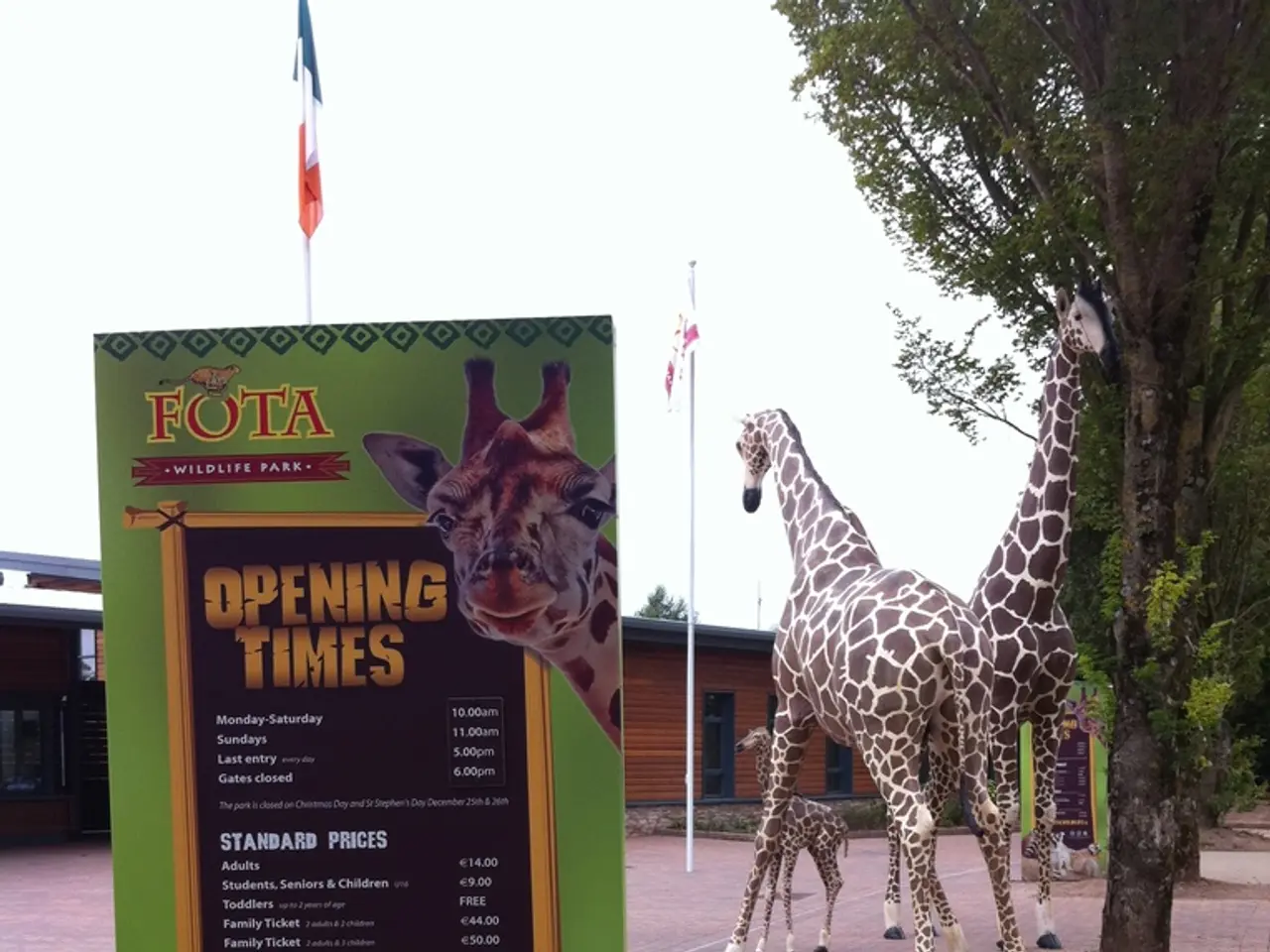Kazakh Board Game Toğızqūmalaq Recognized as Intangible Cultural Heritage
UNESCO Recognizes Traditional Board Game from Togaykumalak as Intangible Cultural Heritage
Toğızqūmalaq, also known as Togyzqumalak, has been officially added to the Representative List of the Intangible Cultural Heritage of Humanity by UNESCO's Intergovernmental Committee. This traditional Kazakh board game is deeply rooted in the cultural and social fabric of Central Asian countries and is renowned for its unique mechanics and intellectual challenge.
The Intellectual Challenge of Toğızqūmalaq
Toğızqūmalaq is played on a specific board with a set of pieces and seeds or stones for counting. Players take turns moving pieces around the board, trying to capture their opponent's pieces by landing on specific spaces. The game requires strategic thinking, planning ahead, and a good deal of mental agility.
The Board and Its Pieces
The game board is typically handmade, reflecting local craftsmanship. The pieces and counting stones are often made from natural materials such as wood, stones, or bones. The board's design is often intricate, adding to the game's appeal.
Social Significance
Toğızqūmalaq is more than just a game; it is a social activity that bonds communities. It is played during family gatherings, celebrations, and community events, fostering social interaction and cultural continuity.
Cultural Symbolism
The game is deeply embedded in Kazakh folklore and is often mentioned in stories and traditions. It symbolizes intelligence, strategy, and community bonding. In fact, the game is often referred to as "the algebra of shepherds," based on the number nine, which is considered sacred by ancient Turks.
Preservation and Cultural Exchange
UNESCO's recognition of Toğızqūmalaq highlights the importance of preserving cultural heritage and traditional practices. The game serves as a bridge between the past and the present, and its inclusion on UNESCO's list promotes cultural exchange and tourism.
Toğızqūmalaq is also known as togiz korgool in Kyrgyzstan, mangala or geçürme in Turkey. Previously recognized cultural elements from Kazakhstan include the art of playing the dombra, the skill of setting up a yurt, aitys (poetic improvisation contest), kazaksha kures (national wrestling), and the celebration of Nauryz. With the inclusion of toğızqūmalaq, there are now 11 cultural elements related to Kazakhstan on UNESCO's list.
The nomination for toğızqūmalaq was submitted jointly by Kazakhstan, Kyrgyzstan, and Turkey. The inclusion of the game was reported by the Ministry of Foreign Affairs of Kazakhstan. Toğızqūmalaq is a testament to the rich cultural heritage of Central Asia and a reminder of the importance of preserving and celebrating our shared cultural practices.
- In the realm of technology and data-and-cloud-computing, the intellectual challenge posed by Toğızqūmalaq could inspire the development of more complex artificial-intelligence algorithms, offering opportunities for creativity and innovation.
- As people gather to play Toğızqūmalaq, social media platforms often buzz with activity, sharing their experiences and strategies, thus expanding the game's reach and fostering global connections.
- The entertainment value of Toğızqūmalaq extends beyond the board, as gadgets like smartphones and tablets are used to document games and share gameplay with friends and family both near and far.
- As cybersecurity becomes increasingly important in our interconnected world, the traditional board game of Toğızqūmalaq serves as a reminder of the value of resilience, strategic thinking, and community bonding in both the digital and physical realms.




